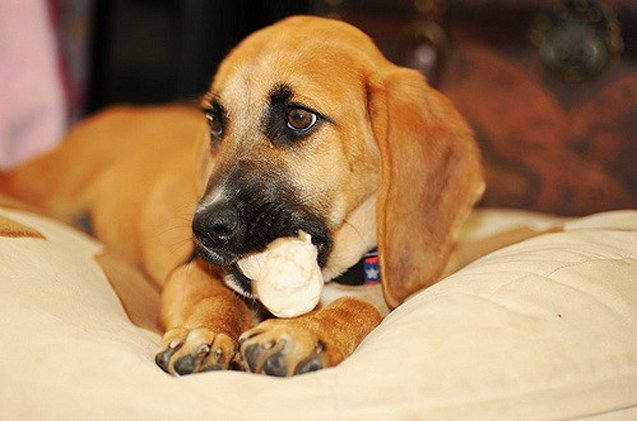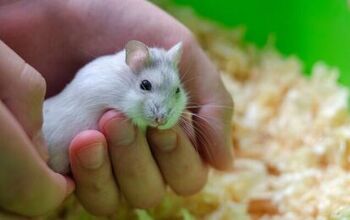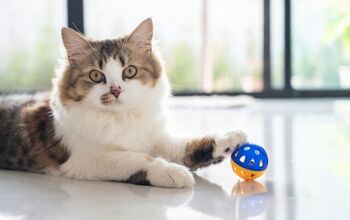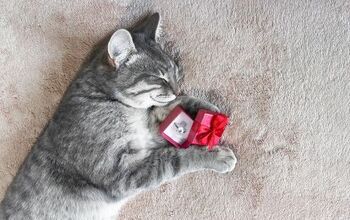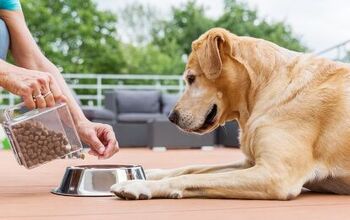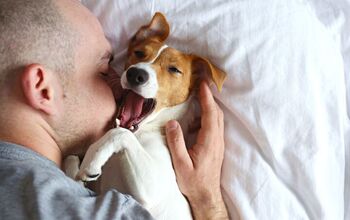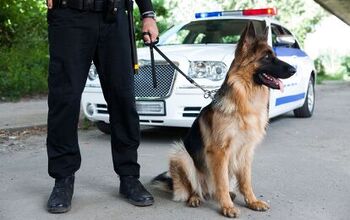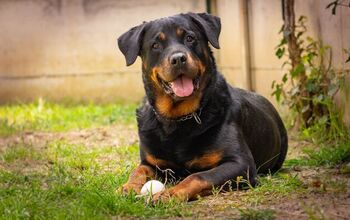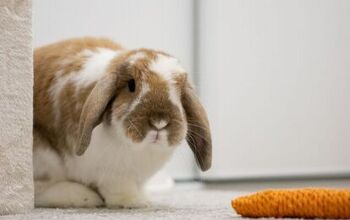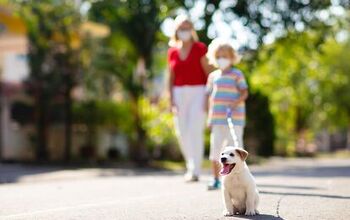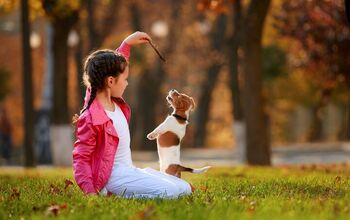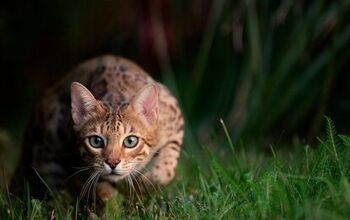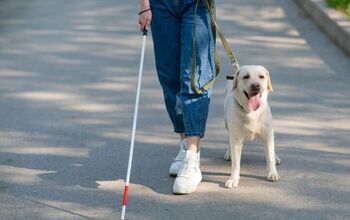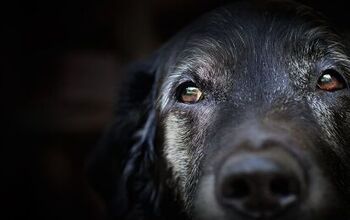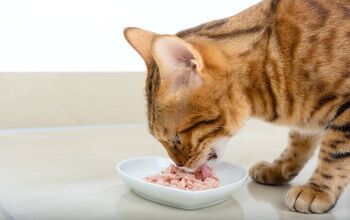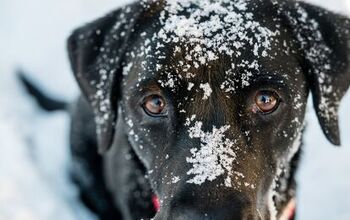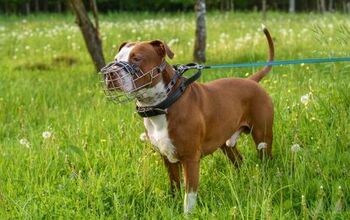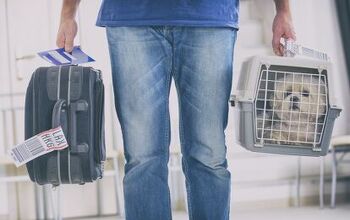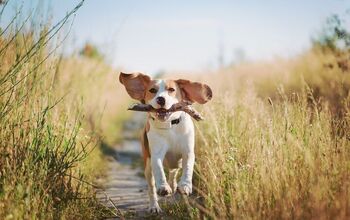Bassugg


About Bassugg
Meet the Bassugg, a mix of Basset Hound and Pug. Both are affectionate, lovable breeds who live to please their owners. One look into their sweet, sad-looking eyes and you’ll be overcome with the desire to cuddle them until you fall asleep in each other’s arms (and paws)!
The Bassugg thrives on human attention and are playful, making them excellent companions for any kind of owner – from seniors looking to have a small/medium-sized companion, to families who would like to introduce a four-legged best friend into their family. The Bassugg is the perfect choice.
The Bassugg is a friendly, loveable pooch that’s ideal for couples, singles or families looking for their first dog.
While we aren’t quite sure where or why the Bassugg started off, we do know plenty about its parent breeds: the Pug and the Basset Hound. Pugs are an old Chinese breed of companion dogs that made its way to Europe when the Chinese traded the dogs for Dutch goods. Pugs eventually came into the U.S. after the Civil War.
The history of Basset Hounds isn’t as well-recorded. Little is known about this breed, however it is suspected that early Ardennes hounds were brought to Britain in the early 1060s due to the Norman invasion – this breed was used to packs to hunt wildlife. In the 1500s, the Basset Hound breed was referred to as a “badger hunter” and in the 1800s and 1930s, the breed was mixed with Bloodhounds in order to increase its size. The breed eventually set its paws onto American soil and was recognized by the American Kennel Club in 1885.
The Bassugg is a mix of a Basset Hound and Pug.
Controlled portions of dry kibble is recommended for this dog breed, as they are notorious lap dogs and are not as active as other breeds may be. A total of 1.5-2.5 cups of high-quality kibble divided between 2-3 meals daily is more than enough for this pooch. Always consult your local veterinarian on what kind of kibble is best for your dog’s stage of life.
The Bassugg will need daily exercise in the form of walks, playdates and indoor playtime.
Pugs and Basset Hounds are both intelligent dogs. While the Bassugg is a smart canine, the problem with training them is simply motivation: both parent breeds are notorious lap dogs, which are known to be a little lazy. Potty training this breed (and training of any kind in general) is easier when they are puppies and will take some persistence, time and a little bit of reward training (not too much, else they can become overweight).
The Bassugg is a small- to medium-sized dog weighing anywhere from 12 to 20 lbs. once fully grown.
Due to their low maintenance requirements, these friendly, loveable pooches are a good breed for couples, singles or even families looking for their first dog. They make magnificent companions for seniors looking for a companion, plus have the added bonus of keeping retirees active due to their daily walks. When going outside, consider the weather as this breed does not do well in extreme climates. When the temperatures start to soar, keep walks brief, keep off of concrete (it can be dangerous for your dog’s paws), and take regular breaks to rehydrate (both you and your dog!). These dogs should be kept inside when the temperatures dip too low or the temperatures simply do not allow for them to be out long (their short stature makes walking in thick snow practically impossible).
While this breed is not known to excessively bark, they will alert you to the presence of newcomers and anyone they deem scary and/or new (such as construction work, fireworks, thunder,etc). Because they are so attached to their human families and live to please them, Bassuggs do not do well when left alone at home for prolonged periods of time. If he becomes distraught due to loneliness, the Bassugg may become destructive and/or bored and resort to destroying your personal property.
Bassuggs are a relatively healthy breed. Like all cross-bred dogs, they can inherit a health issue from their parent breeds. Basset Hounds are known to easily become obese, so controlling their diet and exercise is a must to avoid this problem. They are also susceptible to OCD, otitis externa, intervertebral disc disease, foreleg lameness, Gluacoma, von Willebrands, foot cysts and gastric torsion.
Being a snub-nosed breed, Pugs tend to have health issues when it comes to their respiratory system. They are not good at handling heat, tend to have high blood pressure, can develop facial fold infections, and can suffer from excessive flatulence due to excessive gulping and swallowing of air (again, due to their short snouts).
The Bassugg can live anywhere from 12 to 15 years.
Both the Basset Hound and Pug will need daily exercise in the form of walks, playdates and indoor playtime to keep them healthy and happy. Both parent breeds are known to be a tad on the lazy end of the activity spectrum so keeping them engaged (such as a new toy or going on a different walk route) is important. Socializing them to other environments and dogs by taking them to the dog park is also important in order to have a well-rounded pet.
Bassuggs do not do well when left alone at home for prolonged periods of time.
This particular designer dog breed is recognized by the American Canine Hybrid Club (ACHC), the Designer Dogs Kennel Club (DDKC), Dog Registry of America, Inc. (DRA), and the International Designer Canine Registry (IDCR).
Since both parent breeds have rather short hair, the Bassugg has soft, short, silky hair that can come in a range of colors. The most popular coat color is tan/brown with black facial markings on their snout and around their eyes (much like eyeliner). They can also have a completely black coat or a dual-color coat (such as white and tan). The Bassugg tends to shed quite a bit, and while you may not see a clump of fur behind every door in your home (because their fur is short), you can probably see it stuck in your clothes.
Like all puppies, Bassugg pups need to be supervised when handled by young children who may be tempted to pull at their wrinkles and oversized hanging ears. Bassugg pups are sweet, playful and friendly towards anyone they meet.
Photo credit: Abby Lanes/Flickr

More by Diana Faria



